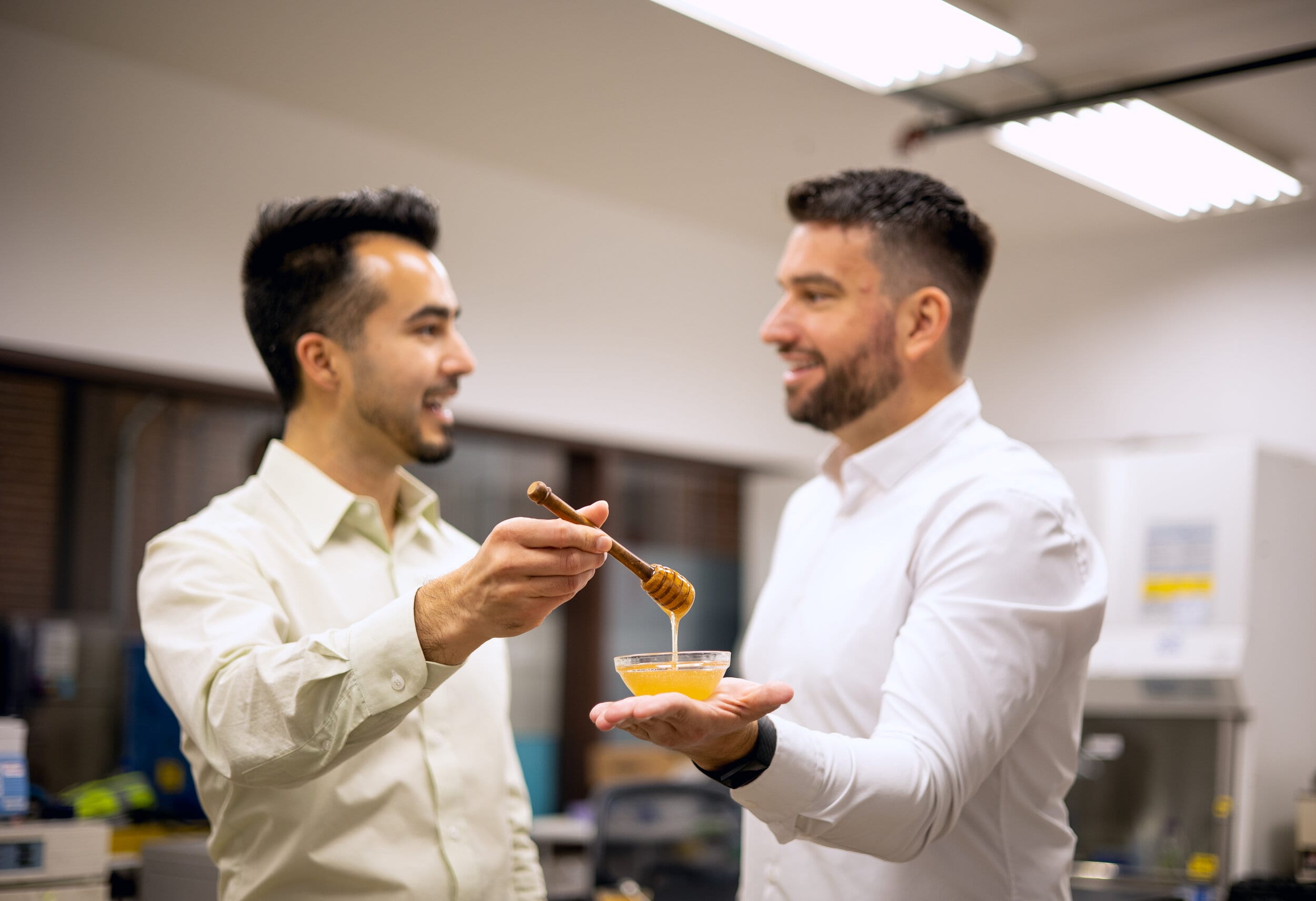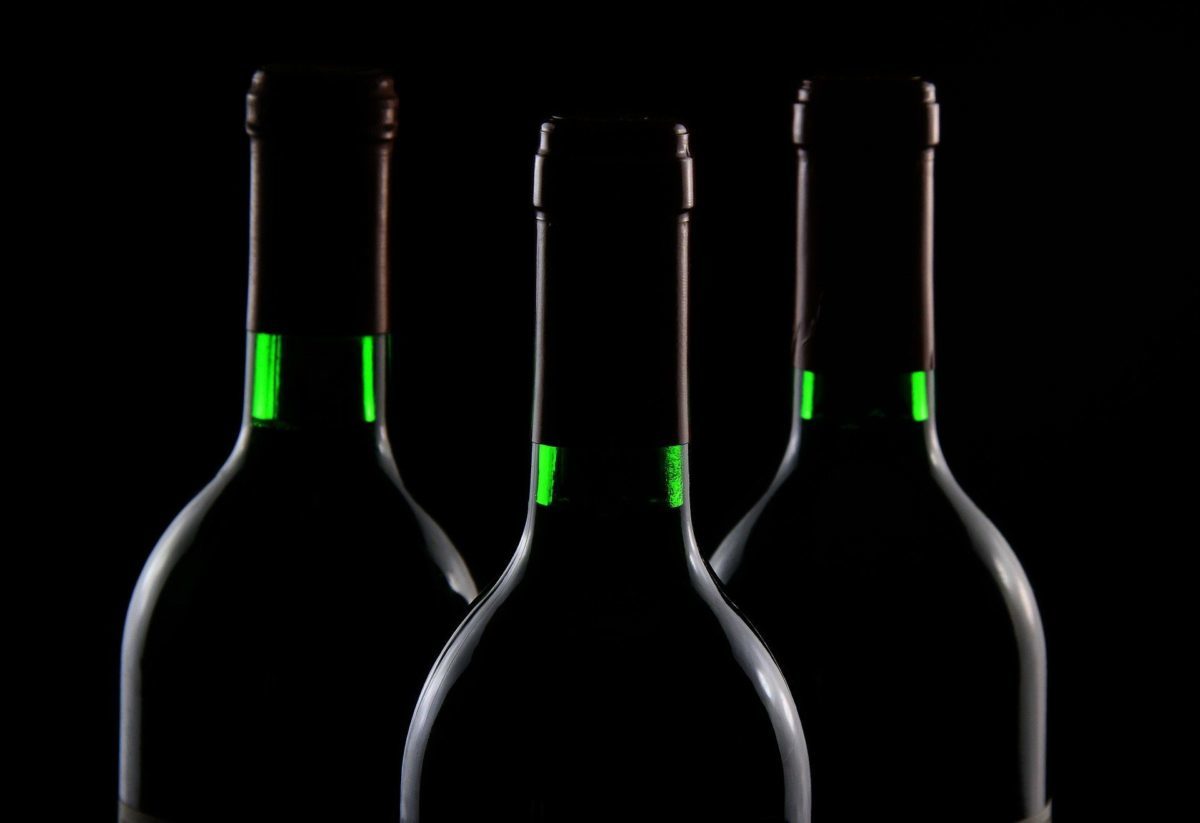The world of vegan diet is deriving endless possibilities to make it as complete as possible. It is true that, when you adopt this way of life, you are giving up certain products that some end up I miss you occasionally. Businessman Darko mandich lo admits in the case of honey. In a vegan diet, nothing of animal origin is ingested, which includes this sweet food. Due to this desire to consume it but the need to do so without animal exploitation, startups are being set up to produce vegan foods from laboratory. Because what if you could make honey ... without bees?
The evolution of vegan alternatives
The truth is that more and more people choose to eat a vegetarian or vegan diet; are for whatever reasons. In fact, almost the 5% of the world's population eats one of these two diets, which translates into more than 250 million people. In addition, according to data from The Green Revolution 2019, 0% of the Spanish population is vegan; If we add people who are vegetarians or flexitarians, that figure rises to almost 5%.
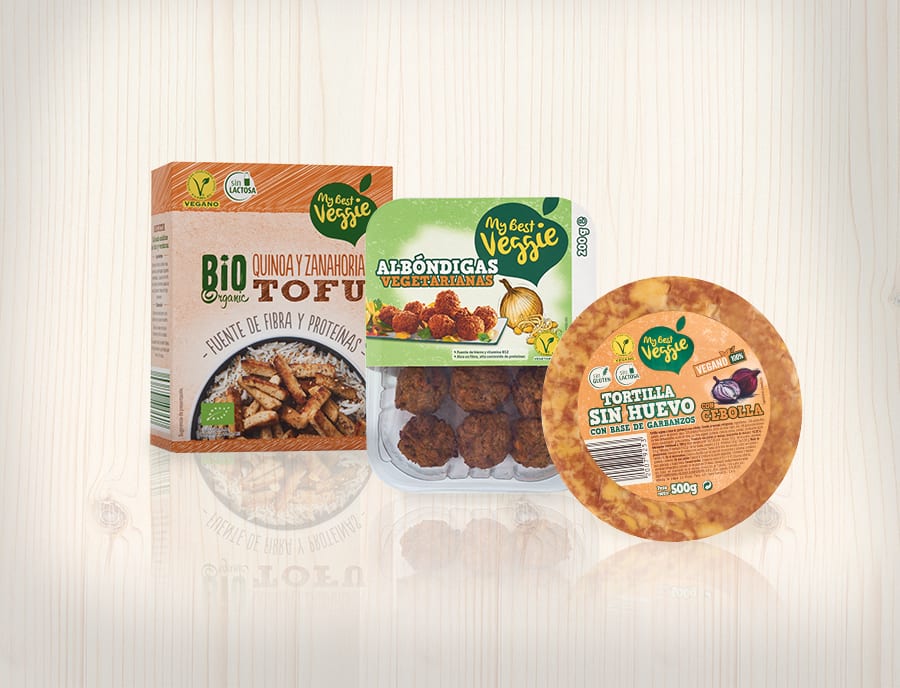
That is why it is necessary to search vegetable alternatives of foods that are not. The options are more every day, but the truth is that there are those who are not convinced by the flavor or the texture of some of them. However, a series of companies are beginning to emerge that seek to develop vegan alternatives that are biologically equal to the original products. We are going to discover two examples!
MeliBio and its beekeeping vision
One of those pioneering companies is Melibio, whose CEO and co-founder is the aforementioned Darko mandich. He explained to the BBC that the process of making honey begins “with the collection of pollen and nectar from flowers by bees and their conversion into the basic components of honey, which are the fructose and glucose”. Its intention is to create a honey identical to the natural one without the intervention of bees through the technique of fermentation. How? "We are simulating that in the laboratory, using microorganisms that do the work of building the initial blocks of honey," said the founder of the startup.
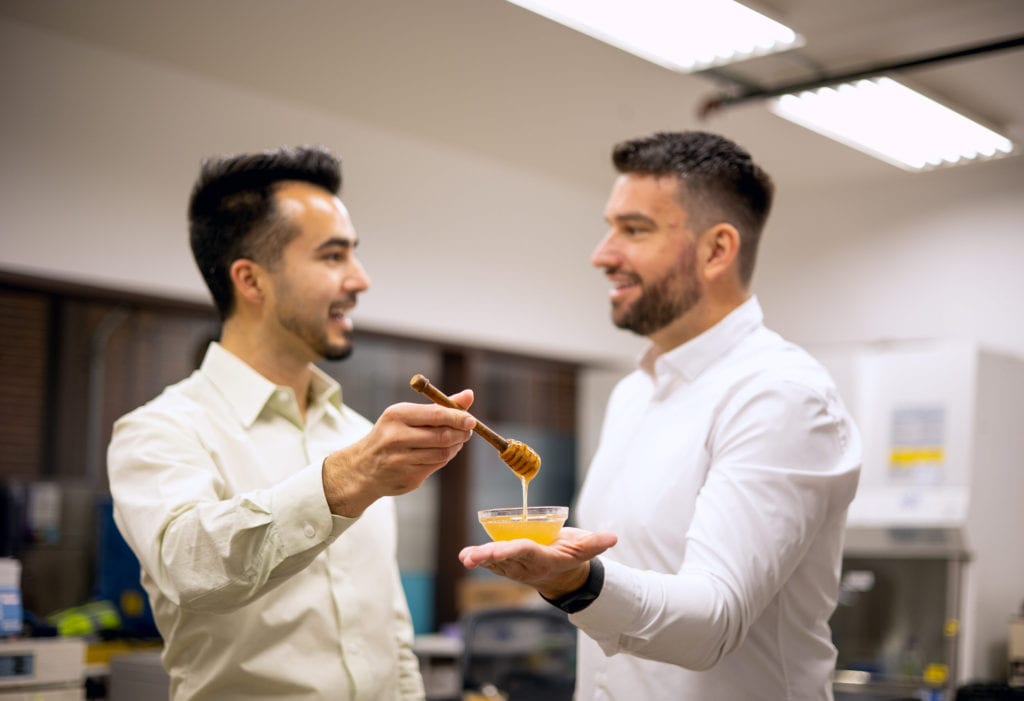
This initiative was born, in addition to creating a vegan alternative to honey, to protect many species of bees that are affected by commercial beekeeping, which "is favoring a single species of bee, the honeybee, throughout the world, to meet the growing demand for honey." In this way, this species would stop competing with native species, which we need "so that the ecosystems of our planet continue to be rich and prosperous," according to MeliBio.
But the benefit does not end there. The point is that there is a possibility that vegan laboratory food they can get to surpass in quality to those that they tried to replace. In the case of honey, the possibility of making an identical copy of the manuka honey -a New Zealand variety with very healthy natural antibacterial properties- without the need to use bees for it.
Milk and egg white from the laboratory
And put to innovate ... why not elaborate milk and cheese no need for cows? That is what they have proposed in Better diary -company based in London-, from where they affirm that “at present, dairy production is enormously untenable and also very inefficient”. For this reason, like MeliBio with honey, the London firm uses "yeast fermentation to produce the same cheeses, yogurts and ice creams that customers currently enjoy without having to use animals."
The same path they follow from Clara Foods, an American company that is developing a technology to create animal protein ... without animals. It is not a question of morality, but also of sustainability. And it is that, as they affirm from the startup "only a dozen eggs can require up to 2.000 liters of water for their production". That is why, with the fermentation technique, they get "all the great taste of the foods you know and love with less cost, better performance and less waste."
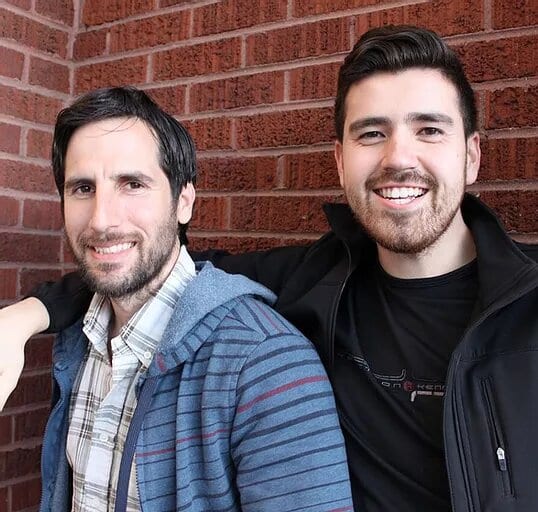
These initiatives are starting, but everything indicates that they will represent a great revolution within the vegan world. The laboratory plant foods they are here to stay. Not only because they offer a product without the necessary animal intervention, but because they represent a more sustainable and environmentally friendly alternative. What do you think of these inventions? Do you think they have a future?


